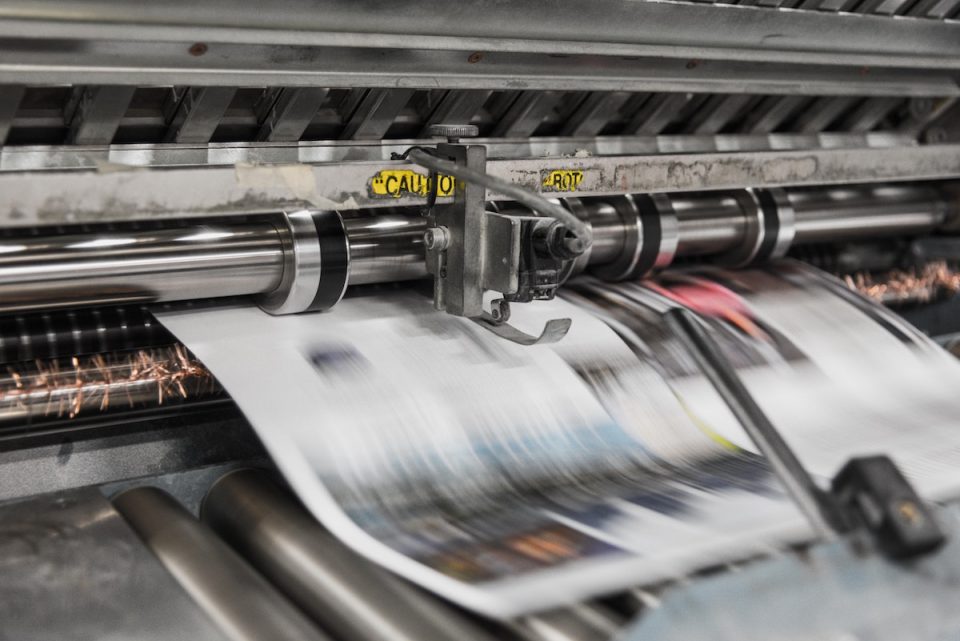The Tech Trends that are Driving Success in 2018

10 Best: Essential Travel Tech for this Summer’s Vacation
August 30, 2018
Richard Branson’s Success Tips
September 6, 2018
We hear a lot about digitization, IoT, machine learning and artificial intelligence – but what are the tech trends that are really driving success this year? Business Optimizer uncovers the tech the most successful organizations can’t live without.
Beyond the Platform
We’re beginning to see the kick-backs from the Silicon Valley wave of digitalization and the platform-only business models it spawned. Consumer and worker complaints are being heard by governments are serving to demonstrate the limitations of the model.
From Lyft and Uber to AirBnB, leaders of the platform business approach are increasing digital and physical assets in order to respond and protect market share.
Augmented Reality
As digital businesses seek to add physical assets, traditional businesses are adopting digitalization with varying degrees of success. But it is those organizations where a true augmentation of human with the digital that are creating the best platform for success.
Researchers have found that around 73 percent of consumers prefer to have a human contact in a company, even if the company is fully digitized.
New Information Sources
Many of the technologies that fall under the Industry 4.0 banner are not new, but the concept is challenging manufacturing and supply chain organizations to think critically about digitalization, overall equipment efficiency (OEE) and continuous improvements in ways that they haven’t previously.
Starting small is the key; adding sensors on worst-performing kit to analyses performance issues is a good way to prove the concept before further investment.
People
As organizations digitalize, a new wealth of data becomes available. But knowing which data is useful and which isn’t, is a huge new challenge for most organizations. Effective recruitment of data analysts is now a key success factor, but as firms seek to hire new data scientists, recruiters are struggling to keep up with demand.
One told CNBC, “The desire on the enterprise side to find truly qualified data scientists has resulted in almost open headcount. It’s probably the biggest imbalance of supply and demand that I’ve ever seen in my career. … The talent pool is, at best, probably 20 percent of the demand.”
Data Veracity
Accenture states, “inaccurate and manipulated information threatens to compromise the insights companies rely on to plan, operate, and grow”. It named data veracity as one of its five tech trends in 2018. As robotic process automation, machine learning and artificial intelligence are more widely deployed within and across organizations, the implications of bad data grow scarier.
As the old “crud in, crud out” maxim makes clear, if machines are empowered to make decisions and act autonomously based on bad, irrelevant, inaccurate or incomplete data we can only expect bad results.
Defensible Deletion
A Veritas report back in 2016 found that 85% of the data organizations are sitting on “is either dark, redundant, obsolete or trivial”.
This year, GDPR has lit a torch under every organization’s understanding of what data they hold, where and why. The EU sees it as a huge step towards ensuring an ethical approach to holding data takes hold – something that is increasingly important in this age of echo chambers, election meddling and fears about automated assistants “listening in”.
As well as getting your organization on an ethical footing, defensible deletion is one way to prevent Veritas’s prediction that “data overload could cost organizations up to $3.3 trillion cumulatively by 2020” coming true.
Have you ever experience the vertigo feeling of having to keep up with all the tech novelties and demanding? Isn’t overwhelming sometimes? That’s why it’s as crucial to keep yourself updated as well as to have some good old techs to help us out.
Old techs like paper! Ditch your laptop or smartphone and just doodle on a paper. Let your imagination flow and feel how liberating that is.



